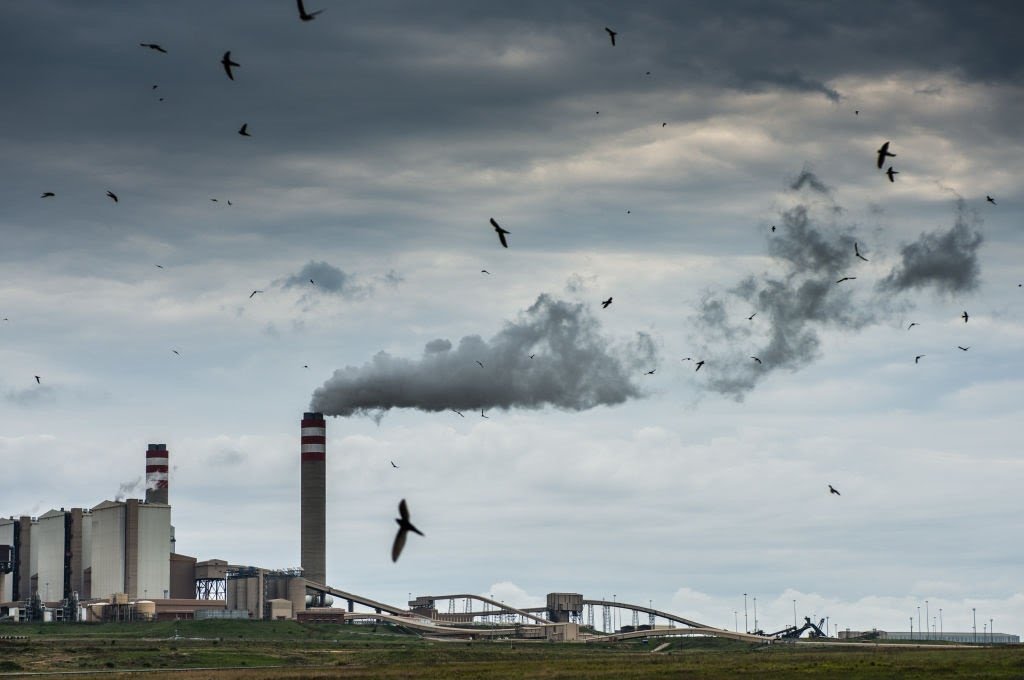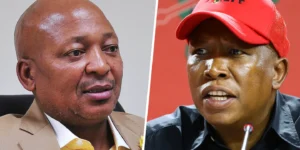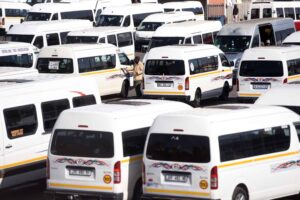By: Sello Theletsane
The government is remaining tight-lipped regarding the R130 billion renewable energy deal with Western Countries. The Sunday Independent reported that government did not want to say if its a loan or a grant and what the repayment options were.

The deal aims to speed up the country’s shift away from coal. It is regarded as a “historic” deal that would see the country reach its revised Nationally Determined Contribution to reduce domestic carbon emissions within a target range of between 420 CO2-eq and 350 CO2-eq by 2030 with the goals of the Paris Agreement.
President Cyril Ramaphosa’s spokesperson Tyrone Seale was cagey when the publication contacted him. He told the paper that the modalities of it were not yet finalised.
“At this stage, the offer includes a combination of grants and concessional finance on favourable terms and at significantly lower interest rates than would be possible on the commercial market. This can result in substantial savings for the South African government and citizens while enabling new investment in Eskom, green hydrogen, and electric vehicles,” he said.
Also read: Cosas calls for the sacking of Pravin Gordhan and Andre de Ruyter
Seale added that because this is an offer and not a deal as yet, the details on the modalities of an agreement to utilise the money and the terms and conditions involved have not yet been negotiated.
However, Minister of Environmental Affairs Barbara Creecy flew to COP26 on Friday, where the deal is expected to be signed and sealed.
The publication also spoke to labour unions that also criticised secrecy. The National Union of Metalworkers of SA (NUMSA) said its financing needs to be made public to ensure everything is above board.
NUMSA general secretary Irvin Jim said the conditions should be made public for scrutiny, which is currently not the case.
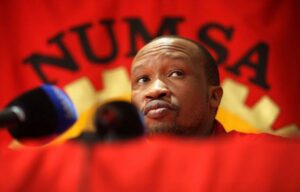
“It is problematic if granular details of where the money will go, how much of it filter down to the poor and working-class, and how it is used are unclear. It can only be good to enforce neo-liberal tendencies of the funding states since they will have a hold on our country, and they will have the power to impose conditions onto us. The old saying ‘he who pays the piper calls the tune’ comes to mind,” he said.
Jim further added that the social dialogues should be carefully monitored to ensure that the poor and the working class are not blackmailed into submission.
“This process must not leave the next generation worse off. Even when watched by the hawk eyes of the funders, the fund has conditionality that cannot be left unchecked by us as Trade Union movement. The closure of power stations before their retirement age is not a thing that is feasible and desirable by us. There is no consultation around the issue even within Eskom itself on the fast-tracking closure of power stations. So, the money to help do that is to promote neoliberal policies,” he said.
Also read: De Ruyter ‘misled’ Eskom board to cancel R5.2bn tender
South African Federation of Trade Unions (SAFTU) general secretary Zwelinzima Vavi said Eskom and Sasol would be the main beneficiaries. He added that Ramaphosa’s statement was vague, with critical questions not asked or answered.
Former Eskom head Brian Molefe, who managed to stop load-shedding, questioned the move, especially with the very same countries re-commissioning their coal power stations.
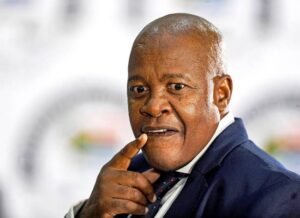
Molefe said solar and wind are not realisable. He said they are intermittent, which means that there is no solar when it rains or night falls.
“Given that they are intermittent, they have a very low energy ability. When I was at Eskom, solar and wind energy availability was about 60% the last time I checked. This means if you install 10 megawatts, you only have the availability of about 20 megawatts. So they are not realisable, they are intermittent, and most importantly, they cannot be stored,” he said.
Molefe added that there was no technology to store them; no battery could take them.
“So until there is at least storage and until their EAS improve, it means they are still on trial. It means they are technologies that cannot be implemented in full force. There is, however, an argument to be made for the just transition to reduce CO2 emissions, but if you are going to replace coal, you must replace your baseload,” he said.
Molefe explained that when you start a fire using coal, and you boil water, the steam is the one that generates electricity. If you release the steam in a tiny hole, it will come out with power. As long as you keep adding coal to your power, there is no way the fire will be put out.


